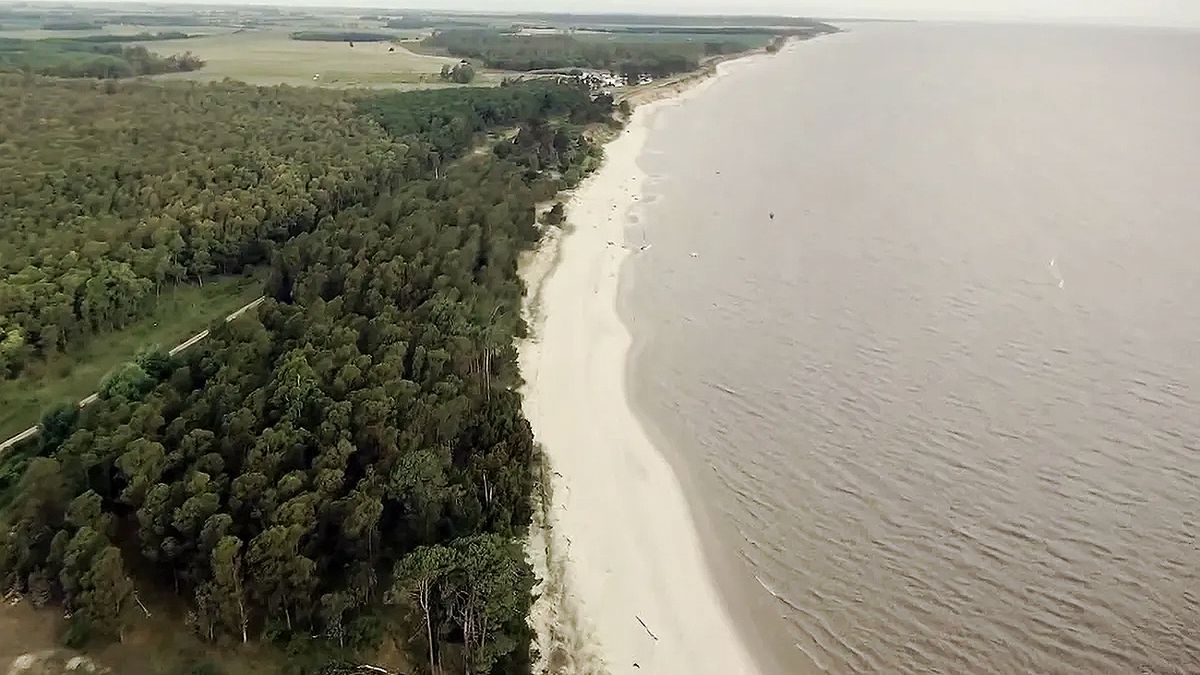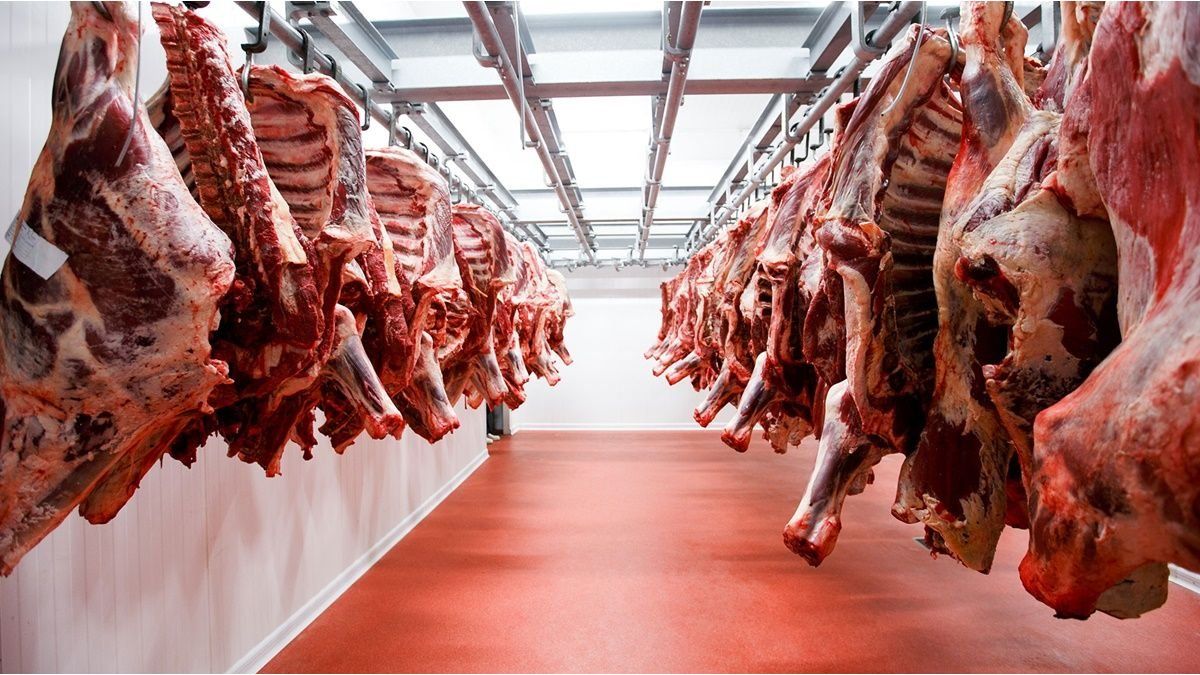The government will invest nearly 700 million dollars to complete the work of the Arazatí project and advance with sanitation works in 61 locations, with the aim of avoiding suffering a new water crisis, in a context of eventual drought and taking into account the climate change.
The minister of Environment, Robert Bouvier, He assured that the significant amount allocated to these initiatives “dimensions the government’s priority” for an issue that, despite having surpassed the water emergency, It continues to be on the agenda of the administration headed by the president Luis Lacalle Pou.
During an activity for World Food Day, the Food and Agriculture Organization of the United Nations (FAO), held at the Cultural Center of Spain, Bouvier highlighted that the Arazatí project “It is the most important that the country has” and valued that it will provide “a very important availability of water and will solve a problem of water supply and quality.”
The Arazatí project was awarded by SBI to the consortium Waters of Montevideo, a maneuver that from Wide Front They consider it too expensive. “By obtaining financing, operation of the water intake and maintenance, all outsourced, that implies that it is 300 million dollars more expensive than if it were done by the same construction companies, but managed by OSE,” he questioned in this regard. Gerardo Ortuño, director of the entity representing the FA.
On the other hand, the minister maintained that the water deficit “It had a transversal impact throughout the country,” when talking about the impact it generated on the population’s consumption, but also on agricultural and industrial production. However, the leader pointed out that “it was the only way for us to become aware that water is not unlimited.”
Words from the Ministers of Environment and Livestock
The impact of drought on the productive sector
The minister of Livestock, Agriculture and Fishing, Fernando Mattos, also participated in the event and assured that water “is an essential element for life, production and food security,” while recalling that for years the country has been facing droughts that affect the production system.
In this regard, he considered that the main cause of water scarcity is due to human action. “The effects of climate change are caused by man,” indicated the leader, which is why he said that he is studying a strategic plan for the management of water resources in Uruguay, in order to generate a multisectoral public policy.
“It is a long-term look at the sustainability of the production process, preserving natural resources,” he assured. Mattos, who was in favor of sustainable livestock farming. “We cannot continue producing with the same tools that we did traditionally,” he stated.
Source: Ambito




